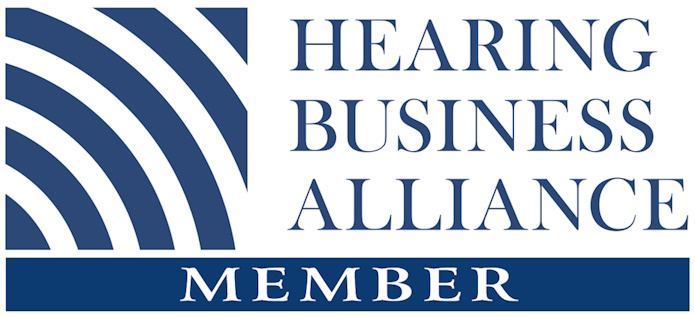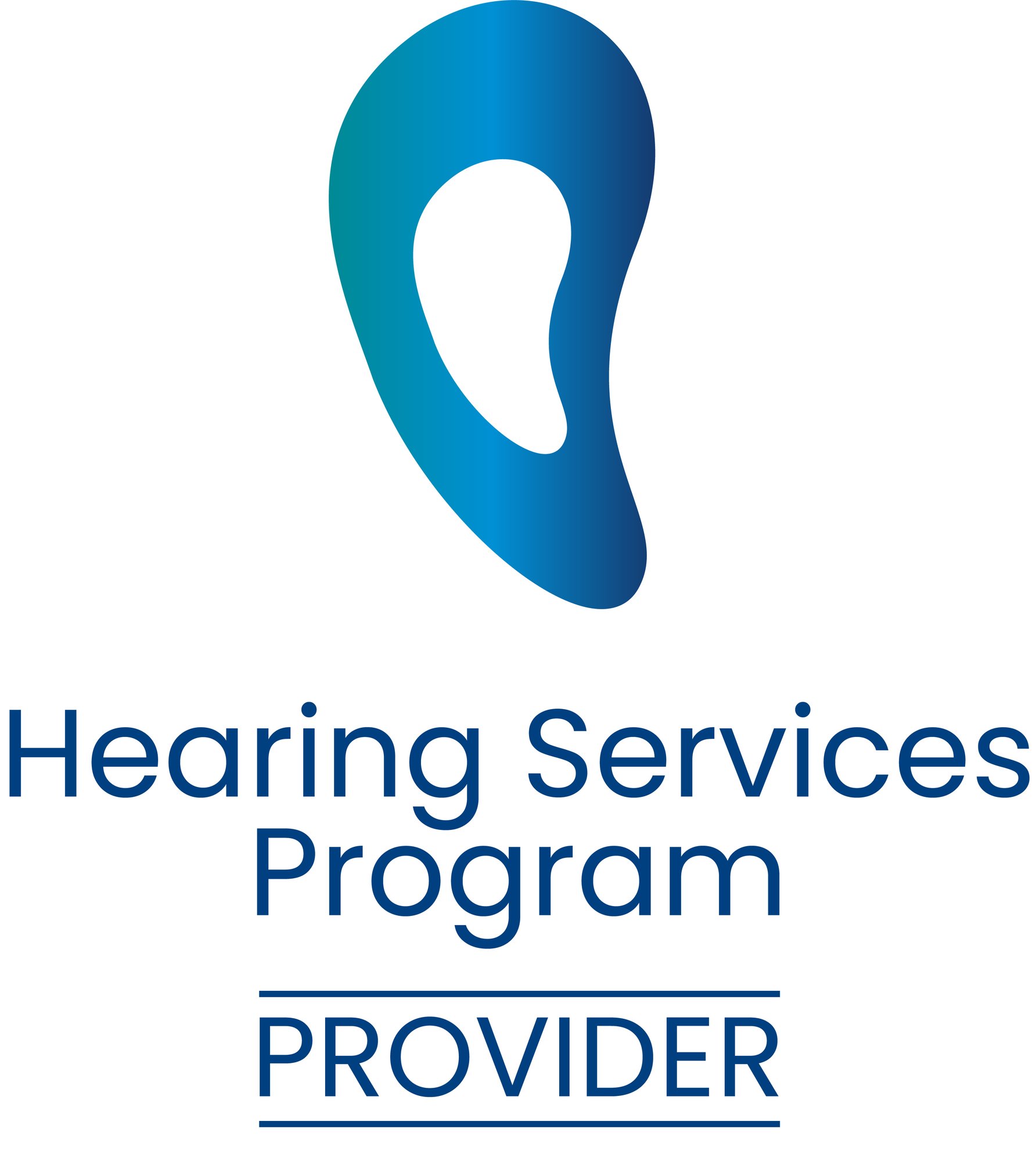Time to Read: 4 minutes
Updated 22 September 2021 Sudden Sensorineural Hearing Loss (SSHL) is as the name says - rapid hearing loss that comes on over a short period of time and occurs typically in one ear. The hearing loss might be mild or it might be very severe.
Sudden Sensorineural Hearing Loss (SSHL) is as the name says - rapid hearing loss that comes on over a short period of time and occurs typically in one ear. The hearing loss might be mild or it might be very severe.
There are a number of causes for this sudden hearing loss including genetic factors, age and medical conditions including bacteria meningitis, diabetes, particular viruses and severe inflammation of the ear.
We’ve covered Sudden Sensorineural Hearing Loss in our blog post on How To Protect Your Hearing During Cold And Flu Season.
Now data from the first 12 months of the COVID-19 pandemic has revealed that one of the after effects of the virus is SSHL and/or tinnitus.
It is still unclear how common or likely this condition will present in those who have had the COVID-19, or the role other contributing health factors play that would exacerbate the risk of hearing loss.
More information is needed and research is on-going.
Symptoms of SSHL are many and may include:
- trouble following group conversations
- muffled conversation sounds
- inability to hear well when there’s a lot of background noise
- difficulty hearing high-pitched sounds
- dizziness
- balance problems
- tinnitus
- unsettled feeling
If you have any of these symptoms occur suddenly, don’t delay. Make an appointment to see your doctor as soon as possible. Your doctor will be able to confirm a diagnosis and recommend a course of treatment.
How does COVID-19 affect hearing?
 The virus enters the bloodstream and makes its way to the inner ear where it affects oxygen uptake and damages the small sensitive hairs in the cochlea which transmits sounds to the brain.
The virus enters the bloodstream and makes its way to the inner ear where it affects oxygen uptake and damages the small sensitive hairs in the cochlea which transmits sounds to the brain.
You can read a more detailed, scientific explanation at this web site here.
Kevin Munro, professor of audiology at the University of Manchester said his team is investigating the prevalence and causes of such problems, noting it is unclear whether they are down to the virus itself, the immune system response, stress, or even treatments for COVID – or whether it could simply be that hearing problems become apparent in a noisy hospital where individuals wear masks.
“I think there’s likely to be lots of explanations for why people were reporting problems,” he said.
What should you do if you experience sudden hearing loss?
Time is of the essence. Go straight to your doctor for an accurate diagnosis.
Your doctor may prescribe steroids which have been shown to significantly improve the recovery of hearing by reducing inflammation and swelling of the cochlea.
And with early intervention, experts have found that in 50% of cases, hearing can spontaneously recover within a couple of weeks, but if this does not occur, the loss can be permanent. If that is the case, hearing aids may be an option to improve hearing. Those with severe permanent loss have been fitted with cochlear implants.
The information below is current as of 21 Septmber 2021.
Do COVID vaccines cause hearing loss?
Some people have reported the onset of tinnitus after receiving a COVID vaccine.
According to American media, the tinnitus reports account come from one out of every 21,000 people vaccinated. The vaccine in question appears to be the Johnson & Johnson (marketed as Janssen). The European Medicines Agency released a safety update on September 8, recommending that tinnitus 'should be added as a side effect of COVID-19 Vaccine Janssen; the frequency has been estimated as rare'.
Experts express caution as to whether the link between COVID vaccines is causal or coincidental but it is worth noting that some commonly prescribed medications have ototoxicity - that is, they may affect your hearing.
We have an article here on Medicines That Might Affect Your Hearing. We recommend that you always talk to your doctor to ensure you get health advice appropriate to your needs.

